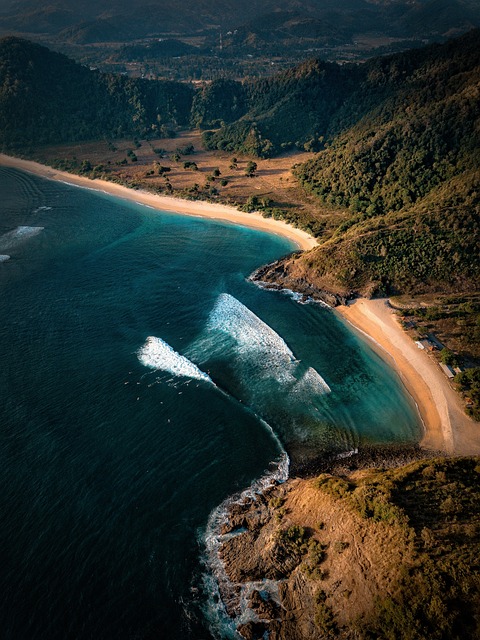Does Travel Insurance Cover Natural Disasters or Hurricanes?
Introduction
Imagine booking your dream vacation to Florida or the Caribbean, only to hear a hurricane warning days before your departure. Suddenly, your flights are canceled, hotels shut down, and your trip is no longer possible. In moments like these, the question many travelers ask is: does travel insurance cover hurricanes?
The short answer is yes, but with important conditions. Travel insurance can protect you financially if a hurricane or other natural disaster disrupts your plans—but only if you purchase coverage at the right time and understand the policy details.
In this guide, we’ll break it down in simple terms, add real-life U.S. examples, expert insights, and even a case study so you know exactly what to expect.
How Travel Insurance Covers Hurricanes and Natural Disasters
Most comprehensive travel insurance plans in the U.S. include trip cancellation, trip interruption, and trip delay benefits. These protections may reimburse you for non-refundable costs such as:
- Flights canceled due to airport closures.
- Hotels or resorts shut down because of storm damage.
- Evacuations from your destination.
- Additional costs (like extra lodging or meals) if your return home is delayed.
⚠️ Important: Travel insurance only covers unforeseen events. Once a hurricane is officially named by the National Weather Service, it is no longer considered unforeseen. That means you must buy insurance before the storm is announced to be eligible for coverage.
Real-Life Example: Hurricane Ian (2022)
When Hurricane Ian hit Florida in September 2022, thousands of travelers were stranded or forced to cancel trips. Those who had purchased travel insurance before Ian was named a storm were able to:
- Get refunds for canceled flights.
- Be reimbursed for prepaid hotel stays.
- Claim additional expenses for extended stays due to flight delays.
On the other hand, travelers who bought insurance after Ian was declared did not receive hurricane-related benefits.
Expert Commentary
According to Squaremouth, a U.S.-based travel insurance comparison site, hurricane-related claims are among the most common during peak storm season (June to November). Their data shows:
- The average hurricane-related claim in the U.S. is $1,500–$3,500.
- 87% of these claims involve trip cancellation or interruption.
Insurance experts recommend purchasing coverage as soon as you book your trip if traveling during hurricane season.
Case Study: A Family Vacation to Puerto Rico
Let’s take an example:
- The Smith family from Texas booked a $6,000 vacation package to Puerto Rico in July.
- They purchased travel insurance two days after booking.
- In September, a hurricane forced their resort to close.
- Their insurance reimbursed them for flights, hotel, and unused tours.
Without insurance, the Smiths would have lost thousands of dollars.
What Types of Policies Provide the Best Protection?
- Standard Travel Insurance Plans
- Cover trip cancellation/interruption if a hurricane makes your destination uninhabitable.
- Reimburse costs if flights are grounded due to weather.
- Cancel for Any Reason (CFAR) Coverage
- Available as an add-on with some insurers.
- Lets you cancel your trip for any reason (not just hurricanes) and still get 50–75% back.
- Must be purchased within 14–21 days of initial booking.
- Emergency Assistance & Evacuation Coverage
- Pays for evacuation costs if a hurricane forces you to leave.
- Critical for cruise trips or island destinations.
Quick Data Snapshot (Visual Aid)
When Hurricane Coverage Works in the U.S.:
- ✅ Buy before storm is named → Coverage applies.
- ❌ Buy after storm is named → No hurricane coverage.
Most Common Claims During Hurricane Season (Source: Allianz & Squaremouth):
- 60% → Trip cancellation.
- 27% → Trip interruption.
- 13% → Trip delays & additional lodging.
Tips for U.S. Travelers During Hurricane Season
- Buy early: Don’t wait—purchase insurance when booking.
- Check fine print: Policies differ; some exclude weather disruptions.
- Consider CFAR: Offers flexibility if you’re unsure about traveling.
- Keep receipts: Proof of cancellations or expenses is required for claims.
Conclusion
So, does travel insurance cover hurricanes? Yes—if you act early. Travel insurance is your safety net against the unexpected, but timing is everything. U.S. travelers who purchase coverage before a storm is named can avoid massive financial losses, while those who delay risk being unprotected.
If you’re planning a trip during hurricane season, investing in travel insurance isn’t just smart—it’s essential peace of mind.







Post Comment